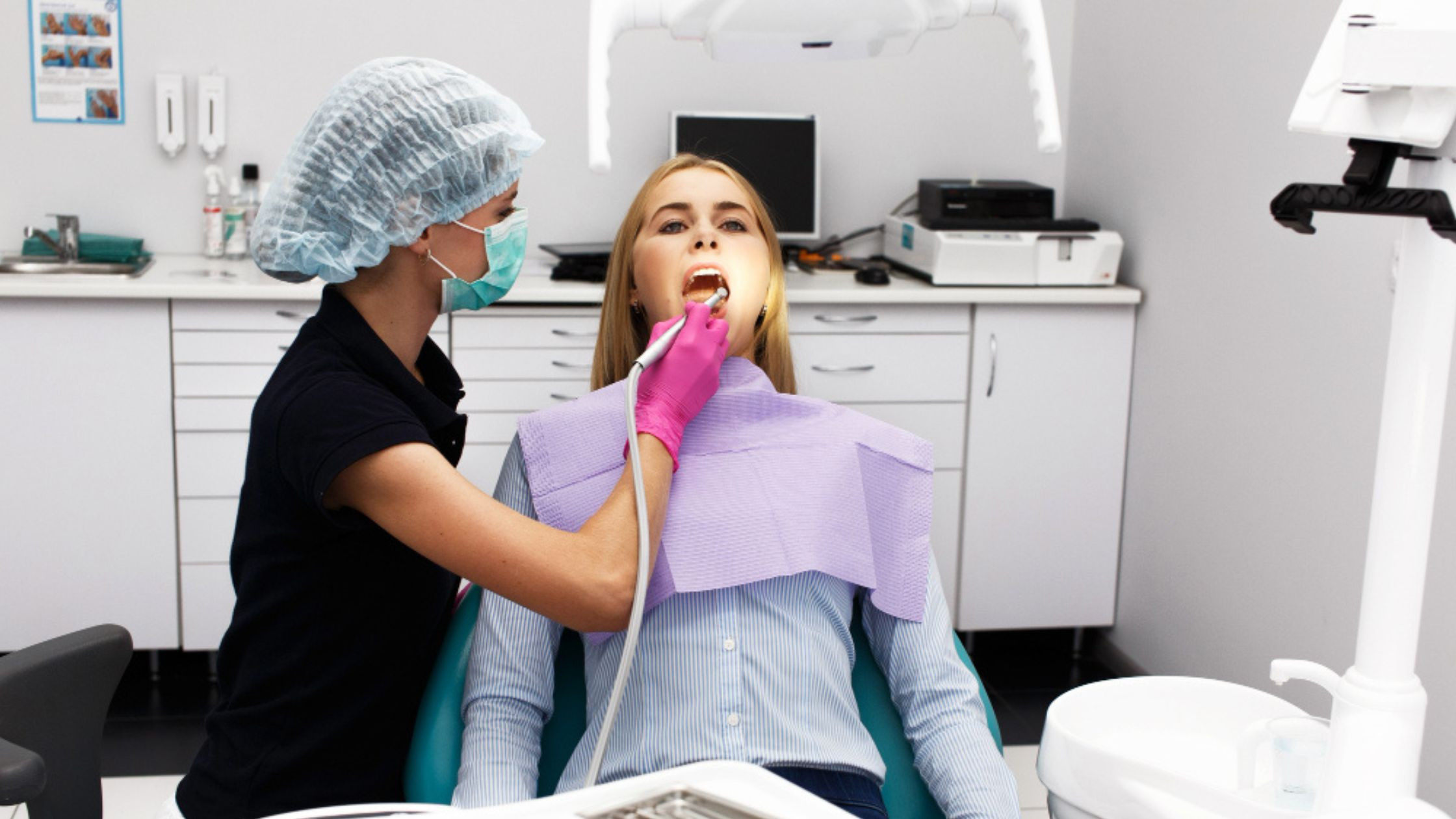Signs You Need to See a Dentist Immediately
Posted on June 26, 2024 by Admin

Dental emergencies can be distressing experiences, often catching us off guard with sudden pain or injury. Knowing how to recognize and respond to these situations promptly can make a significant difference in preserving dental health and minimizing discomfort.
Common Dental Emergencies
-
Toothache:
A toothache can arise from various causes, including tooth decay, dental abscess, or injury. Persistent, throbbing pain or sensitivity to temperature often accompanies a toothache. Rinse the mouth with warm water, gently floss to remove any trapped debris, and take over-the-counter pain relief if needed. It's crucial to seek dental care promptly to address the underlying issue.
-
Knocked-Out Tooth:
Accidents or sports injuries can result in a knocked-out tooth, which requires immediate attention. Handle the tooth by its crown (avoiding touching the root), rinse it gently with water if dirty, and try reinserting it into the socket if possible. If not, keep it in milk or saliva and seek dental care within the hour for the best chance of saving the tooth.
-
Cracked or Broken Tooth:
A cracked or broken tooth can cause sharp pain, especially when chewing. Rinse the mouth with warm water, apply a cold compress to reduce swelling, and take pain relief as necessary. Save any broken pieces and seek dental treatment promptly to prevent further damage or infection.
-
Lost Filling or Crown:
Losing a filling or crown can expose sensitive tooth structure, causing discomfort or pain. Dental cement or temporary filling material, available at pharmacies, can cover the exposed area temporarily until you see your dentist.
-
Abscess:
A dental abscess is a painful infection that can cause swelling of the gums, face, or lymph nodes. Rinse with mild saltwater and seek dental care promptly.
Must Read : The Latest Trends in Cosmetic Dentistry
What to Do in a Dental Emergency
-
Stay Calm:
Dental emergencies can be stressful, but staying calm helps you think clearly and act effectively.
-
Assess the Situation:
Evaluate the severity of the injury or pain. Determine if it requires immediate attention or can wait until normal dental hours.
-
Contact Your Dentist:
Call your dentist's office immediately, especially during office hours. Many dental practices allocate time for emergency cases.
-
Manage Pain and Discomfort:
Use over-the-counter pain relievers as directed and apply cold compresses to reduce swelling.
-
Preserve the Tooth:
Handle knocked-out teeth carefully by the crown, avoid touching the root, and keep it moist in milk or saliva until you can see the dentist.
-
Do Not Delay Treatment:
Prompt treatment can prevent complications, reduce pain, and save teeth that might otherwise be lost.
Must Read : The Importance of Dental Care in Aging Populations
Preventing Dental Emergencies
While not all dental emergencies are avoidable, certain precautions can reduce their likelihood:
Regular Dental Check-Ups: Routine visits allow dentists to identify and address potential issues before they become emergencies.
Wear Protective Gear: Use mouthguards during sports activities to prevent injuries to the teeth and mouth.
Practice Good Oral Hygiene: Brushing twice daily, flossing regularly, and using fluoride toothpaste can prevent tooth decay and gum disease.
Conclusion
Understanding dental emergencies empowers you to respond effectively in stressful situations, potentially saving teeth and minimizing pain. By knowing the signs, taking preventive measures, and acting promptly, you can safeguard your dental health and well-being. Remember, timely dental care is crucial in emergencies to ensure the best possible outcome for your oral health.
For any dental emergency, always consult your dentist or seek medical attention promptly to receive the necessary care and guidance tailored to your specific situation. Your dentist is your partner in maintaining a healthy smile for years to come.
Faqs
-
1. What should I do if I have a severe toothache?
Rinse your mouth with warm water, gently floss to remove any debris, and take over-the-counter pain medication. Contact your dentist for an appointment as soon as possible.
-
2. I knocked out a tooth. Can it be saved?
Yes, if you act quickly. Handle the tooth by the crown, rinse it gently, and try to reinsert it into the socket. If not possible, store it in milk or saliva and seek immediate dental care within an hour.
-
3. What should I do if I crack or break a tooth?
Rinse your mouth with warm water, apply a cold compress to reduce swelling, and take over-the-counter pain medication. Save any broken pieces and see your dentist promptly.
-
4. I lost a filling/crown. What should I do?
Keep the area clean and avoid chewing on that side. Dental cement or temporary filling material from the pharmacy can cover the exposed area until you see your dentist.
-
5. How do I know if I have a dental abscess?
Symptoms include severe, persistent toothache, swelling of the face or gums, fever, and a foul taste in the mouth. Seek immediate dental care if you suspect an abscess.
-
6. What should I do if I have a minor tooth fracture?
Rinse your mouth with warm water and apply a cold compress to reduce swelling. Contact your dentist to schedule an appointment for evaluation.
Recent Post
- The Importance of Oral Health Education for Children
- How to Choose the Right Orthodontic Treatment for Adults
- The Link Between Oral Health and Stroke Risk
- How to Address and Prevent Gum Recession
- Innovations in Dental Anesthesia: Pain-Free Procedures
- The Role of Saliva in Oral Health: Functions and Disorders
- Exploring Holistic Dentistry: What You Need to Know
- How Oral Health Affects Your Immune System
- The Benefits of Using Dental Probiotics
- Oral Health and Pregnancy: Myths and Facts